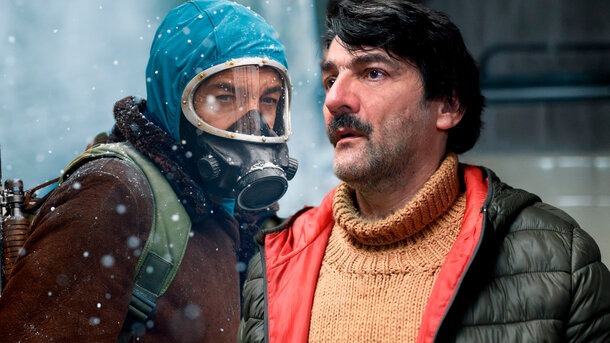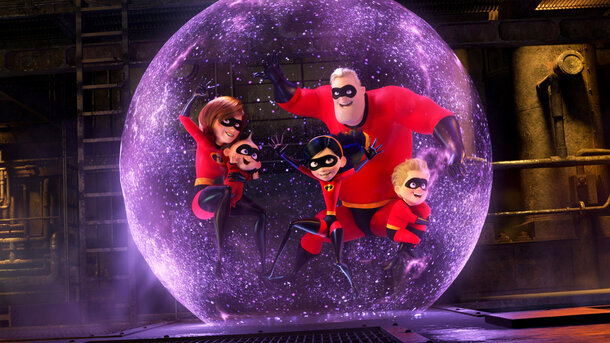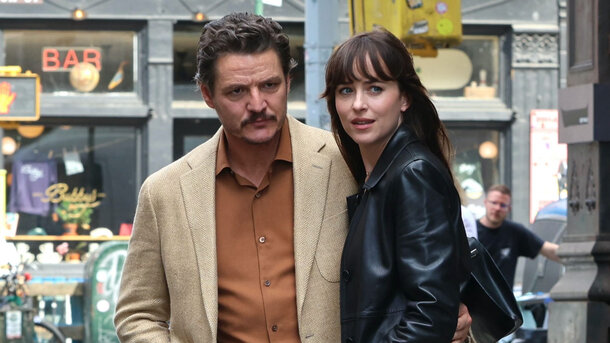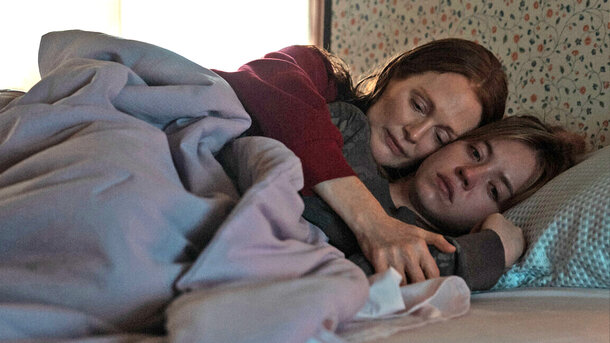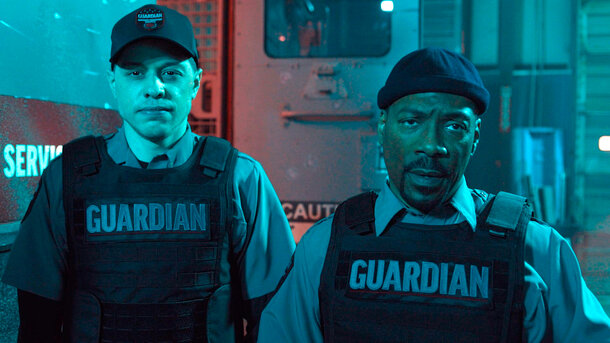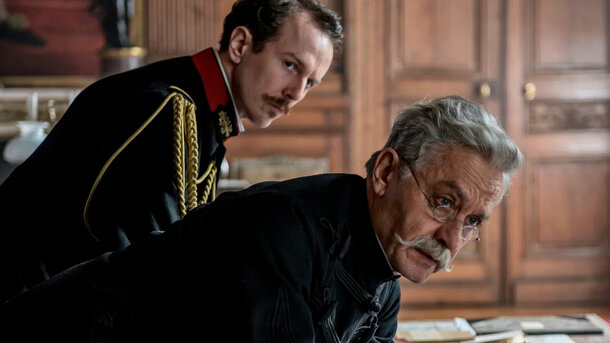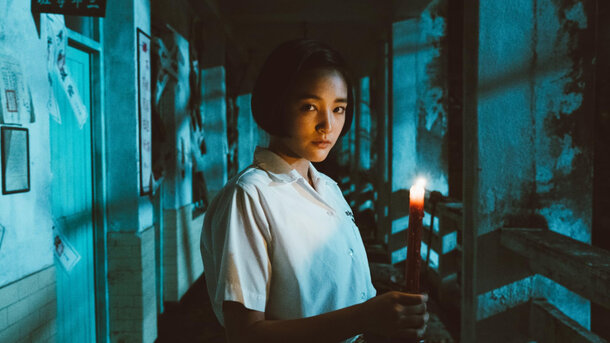Let me tell you, I didn’t expect a series about deadly snow and alien invasions to echo so hauntingly close to the world we live in today. The Eternaut isn’t just a post-apocalyptic sci-fi tale — it’s a high-voltage political allegory disguised in snow gear and survival tactics. And trust me, you don’t need to be fluent in Argentine history to feel the punch. The emotional weight lands hard, no matter where you're watching from.
The Premise Without the Spoilers
We meet Juan Salvo (played with heartbreaking gravity by Ricardo Darín), who’s trapped with his family and friends inside a modest Buenos Aires home after a strange snowfall begins killing everyone exposed to it. No warning. No logic. Just death on contact. From this moment on, the world becomes a battlefield — only not one shaped by guns and soldiers, but by time, weather, and strange beings called the "Ellos" and "Gurbos." What starts as a survival story quickly turns into a philosophical journey about humanity, resistance, and what it means to fight when hope seems pointless.
Stagnaro’s Vision: Bleak, Bold, and Unapologetically Political
Director Bruno Stagnaro doesn’t flinch. Every frame drips with tension and sorrow — yet there’s beauty in that decay. You can feel the fingerprints of the 1950s original comic, but here it’s modernised with brutalist architecture, moody colour palettes, and sharp commentary on state control. The series’ pacing is deliberate, slow at times, but it mirrors the dread of being stuck — trapped in your own home, in your own country, in your own mind.
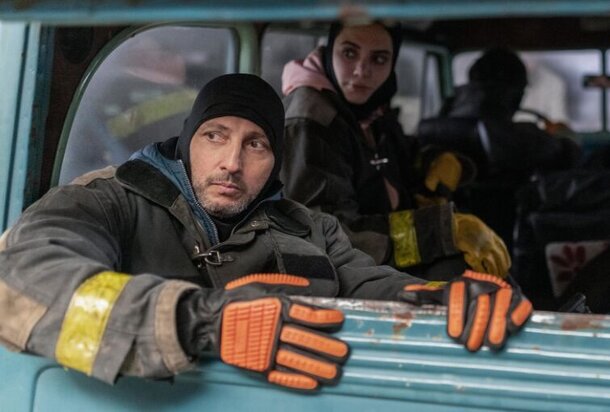
Darín and the Cast: A Survival Ensemble That Cuts Deep
Ricardo Darín is the emotional compass of the show. His performance as Juan isn’t loud — it’s intimate. There’s a quiet desperation in his eyes that makes you feel every loss, every choice. Carla Peterson and Alan Daicz bring gravity and grit to their supporting roles, holding the emotional scaffolding while the story spirals into madness. This is not a heroic tale — it’s one of endurance, and the cast wears that burden visibly.
Atmosphere & Sound: Haunting in Silence
You won’t find bombastic soundtracks here. The score is sparse, using silence as a weapon. And the snow — dear God, the snow — it becomes its own character. The cinematography captures the suffocating stillness of the frozen streets, making every outdoor scene a gamble with death. There’s nothing glossy about this apocalypse.
Audience Reactions: USA vs. UK
UK viewers, especially those with an eye for political subtext, are lauding The Eternaut for its haunting parallels to fascism, Brexit-era mistrust, and global refugee discourse. The show’s eerie calm struck a nerve in Britain’s art-house-loving crowd.
In contrast, US audiences are split. Genre lovers hail it as a sleeper hit — an Andor-meets-Chernobyl hybrid — while others find its pacing too slow and allegorical weight too "foreign" or dense. Yet even American viewers unfamiliar with Argentina’s past admit: this story has teeth.
Final Verdict: Not Just Another Snowfall
The Eternaut is more than dystopian fiction — it’s a mirror held up to every society that’s ever been asked to blindly obey, to quietly disappear, or to simply survive. It asks difficult questions and doesn’t offer easy answers. But it stays with you. And isn’t that what great storytelling is for?
